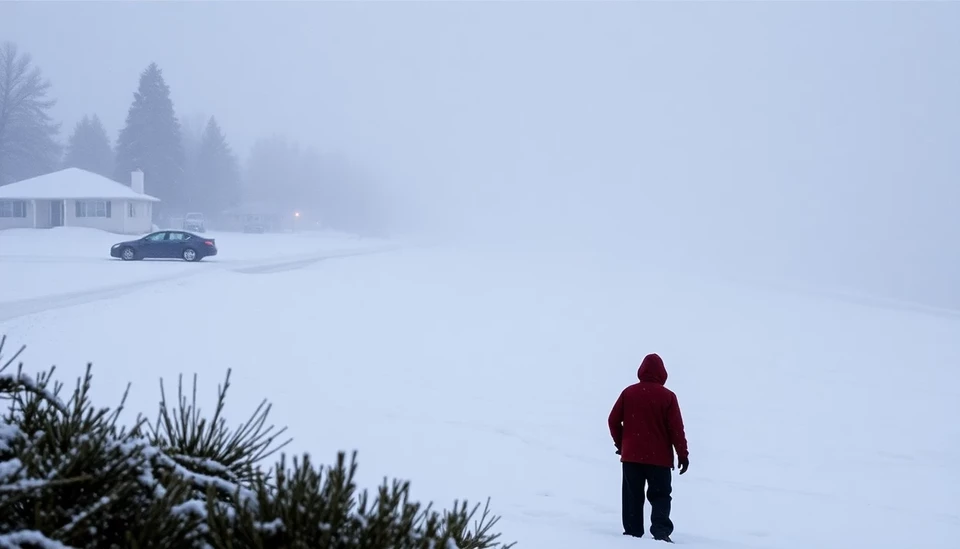
In a dramatic turn of weather events, a deadly bomb cyclone has wreaked havoc across the Pacific Northwest, resulting in significant power outages that have affected thousands of residents in the Seattle and Vancouver suburbs. As the storm intensified, it brought with it fierce winds, heavy rainfall, and widespread destruction, leaving communities grappling with the aftermath.
The bomb cyclone, characterized by a rapid drop in atmospheric pressure, has been linked to at least three fatalities reported in the region. Emergency services have been stretched thin as they respond to numerous incidents triggered by the powerful storm, including downed trees and widespread flooding.
Local utility companies, including Seattle City Light and BC Hydro, have been working around the clock to restore power. As of today, reports indicate that approximately 200,000 customers have been left without electricity. Crews face dangerous conditions as they attempt to repair downed power lines and restore service, with winds reaching up to 70 mph in some areas.
The National Weather Service (NWS) has issued multiple alerts for high wind and flood warnings, advising residents to stay indoors and avoid travel unless absolutely necessary. Alongside heavy rain, the storm is expected to continue impacting the area throughout the week, causing concerns of further infrastructure damage and additional power outages.
Many communities in the region have taken proactive measures to bolster their defenses against the storm, with sandbagging efforts underway in areas prone to flooding. Local schools have canceled classes, and public transportation services have been disrupted due to unsafe conditions on the roads.
State officials are mobilizing resources to assist those affected by the storm's devastating impact. Shelter services have been established for residents displaced by flooding and power outages, ensuring that everyone has access to emergency accommodations during this perilous time.
As the storm continues to develop, local meteorologists warn that the situation may worsen before it improves. Officials urge community members to remain alert and to heed warnings from emergency services and weather updates.
This severe weather phenomenon serves as a stark reminder of the increasing intensity of storms linked to climate change and the resulting challenges facing urban areas in managing extreme weather. With infrastructure already under strain, the ramifications of the bomb cyclone will likely lead to long-lasting impacts on community resilience and emergency preparedness.
In the wake of the cyclone, authorities are emphasizing the need for preparedness in facing such natural disasters, encouraging residents to have emergency kits ready and to stay informed of weather developments through reliable channels.
As the cleanup begins and the storm eventually subsides, communities across the Pacific Northwest will need to come together to rebuild and recover from the devastating effects of this bomb cyclone.
#BombCyclone #Seattle #Vancouver #PowerOutages #SevereWeather #EmergencyResponse #ClimateChange #CommunityResilience #WeatherAlert
Author: Peter Collins
